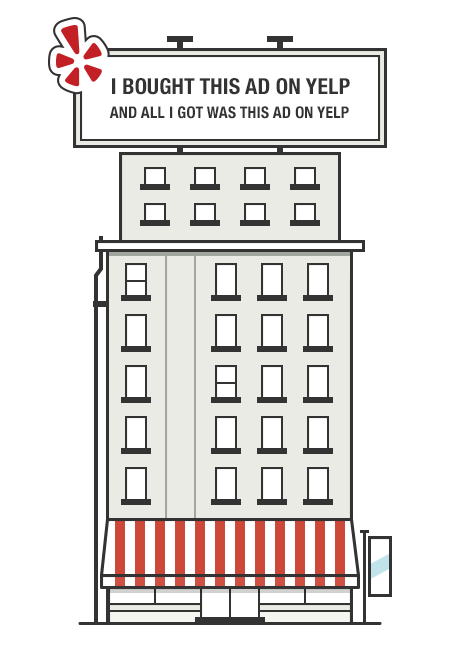

As we have seen in the sections above, the reality is far different.Īfter some simple research and reading other companies’ hardships, we know Yelp’s messaging to be false. They claim all companies are treated equally. Of course, the only rebuttal or answers come directly from Yelp’s website where they claim time and time again that they do not have a “pay to play” business model. Yelp’s Defense Against Extortion Allegations While this may not legally be considered a tactic to extort local businesses, it is a shady and controversial practice that has received a lot of negative attention in recent years.

While there could have been more to their rant, that was a terrible way to start your answer to a question.įor a company that started out with honest intentions and a great online reputation management team, capable of delivering the best reviews and photos to local consumers, the tides are slowly shifting as now the company that pays the most will have the best reviews. “Well, if you pay for a premium listing on your profile we include all ‘not recommended’ star ratings into your total average.” “How do we generate more reviews or more specifically how do reviews stick?” Per a recent call with a representative at Yelp, we asked: Unless, of course, you pay Yelp for a premium listing or pay for advertising. So even if you shop at a particular store or eat at a restaurant and then write a legitimate review, the odds are slim it will stick on the Yelp page associated with the establishment. They indeed manipulate reviews and that is no denying this.Įxample A: their “not recommended” filter of (what Yelp considers) false or fake Yelp reviews.
/cdn.vox-cdn.com/uploads/chorus_image/image/39190538/cavalli-pizza-yelp-extortion.0.jpg)
But after reviewing other case studies and talking to local businesses first hand we have come to a conclusion: In other words, Yelp users - the people who the platform depends on for user reviews and ratings - may have little actual impact on ratings or review quality on the site itself.Īs peculiar as this sounds we wanted to give Yelp the benefit of the doubt. It reads “other reviews that are not currently recommended.” What does this even mean? Does this mean a particular business features bad reviews?Īfter conducting a small case study and testing it with many local businesses, we have found that people who actually visit these locations and write a review may fall into the “not recommended” category. To make matters worse, there is a section below every Yelp profile (most miss this) that is faded gray.

Does Yelp extort small businesses, rewarding only those that choose to play with the billion dollar bully? Once these attributes are added, a Yelp rating and associated reviews written by Yelp users are displayed.īut how well does Yelp filter and sort the results? Is the number one plumber in your area actually the best or do they simply pay Yelp for better review visibility?Ĭountless small businesses have accused Yelp of extortion to the point of them nearly going out of business due to negative reviews. For example, tourists seeking dining destinations may search for restaurants near their hotel in a given city. Yalp has become extremely popular, helping millions of people share their experiences with local businesses.īusinesses and consultants that are listed on Yelp’s database are selected after consumers enter a keyword and a specific location. We are all familiar with the popular review platform known as “Yelp.” Yelp reviews have become an important part of online advertising, helping business owners to stand out against competitors.īased in San Francisco, this mega-giant has made waves over the past decade, changing the way consumers buy products online, choose a restaurant for dinner or even find someone to help them with home services. Infamous “Yelp Extortion Conspiracy” Theories


 0 kommentar(er)
0 kommentar(er)
